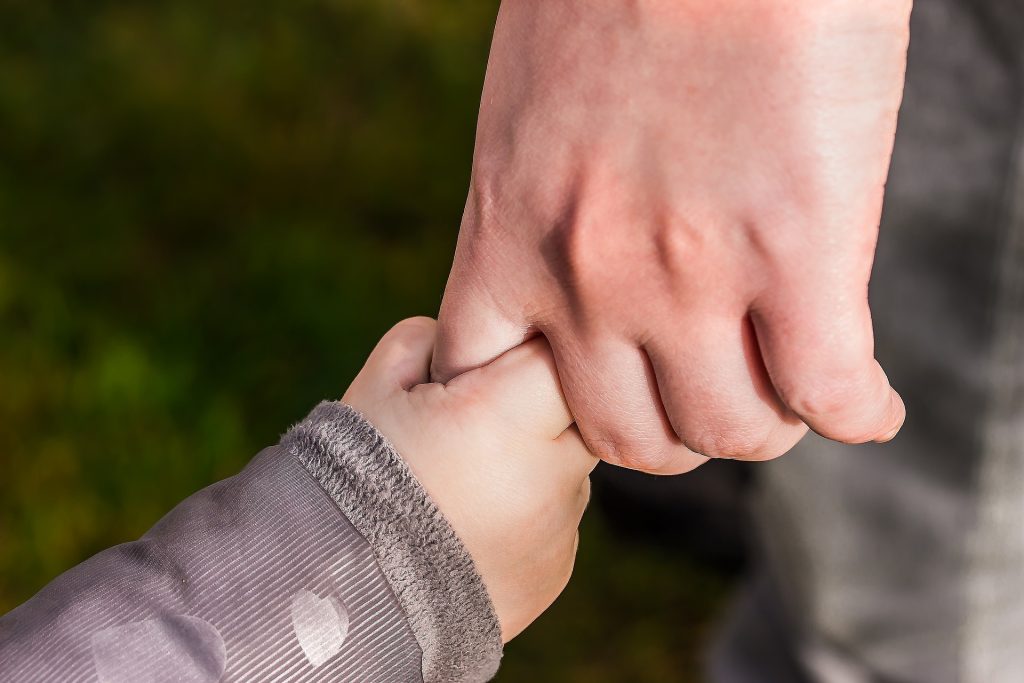One of the most overlooked concepts in leadership is the inner child. The inner child represents our deepest emotions and unmet needs that we carry with us into adulthood. It can significantly impact our work-life balance and contribute to burnout if not adequately addressed. When leaders acknowledge and nurture their inner child, it can lead to greater emotional intelligence, empathy, and improved communication skills.
Leaders who ignore their inner child risk becoming disconnected from their emotions and those of others. This can lead to a lack of understanding, ineffective leadership styles, and an inability to connect with team members on a deeper level. However, by embracing the inner child concept, leaders can tap into a more authentic version of themselves, allowing them to lead with compassion while maintaining boundaries.
In today’s fast-paced world, work-life balance has become an elusive concept. As leaders, we often focus on our professional goals and forget to nurture our inner child. This can lead to burnout and a lack of self-awareness, ultimately compromising our ability to lead effectively.
By disconnecting from our inner child, we lose touch with the curiosity and creativity that allows us to approach problems from different angles. Instead, we get caught up in the rat race of corporate life and need to remember what truly matters – our personal growth and development. This disconnection can cause us to become rigid in our thinking and resistant to change.
Moreover, leaders who are disconnected from their inner child are more prone to experiencing burnout. When we neglect ourselves emotionally, mentally, or physically for too long, it inevitably leads to feelings of exhaustion or even despair.
As a parent, it is crucial to maintain a healthy work-life balance to avoid burnout and be an effective leader for your family. However, many adults struggle to disconnect from their inner child as they grow older. This disconnection can lead to various problems in parenting, including difficulty relating to your children and feeling overwhelmed by the responsibility of being a role model.
When we disconnect from our inner child, we lose touch with the creativity, playfulness, and wonder essential to raising happy and healthy kids. As parents, we are responsible for guiding and supporting our children while encouraging them to explore their unique interests and talents. By tapping into our curiosity and imagination, we can better connect with our children on a deeper level and foster a sense of joy in the family dynamic.
As a leader and parent, it’s easy to get lost in the demands of work and family life. We often forget about our own needs, including the need to connect with our inner child. When this happens, we can become disconnected from ourselves, leading to burnout and potentially damaging our relationships with those closest to us.
Examining your work-life balance is one way to recognize if you are disconnected from your inner child. Are you constantly working or thinking about work, even at home?
Do you need help finding time for hobbies or activities that bring joy?
If so, it may indicate that you’ve neglected your inner child’s need for play and creativity.
Another way to identify disconnection from your inner child is through feelings of burnout. When we neglect our own needs for too long, it can lead to exhaustion and emotional depletion.
As adults, we often forget childhood’s joys and play’s importance. We get caught up in work-life balance struggles, trying to juggle our professional responsibilities with our family obligations. This can lead to burnout and even family break-up when we neglect one for the other.
But what if we could engage our inner child and discover meaningful ways to connect with work and family?
By tapping into our playful nature, we can prevent burnout and become better leaders in all aspects of our lives.
Leadership requires creativity, adaptability, and a willingness to take risks – all qualities that come naturally when we let go of adult inhibitions and embrace our inner child.

